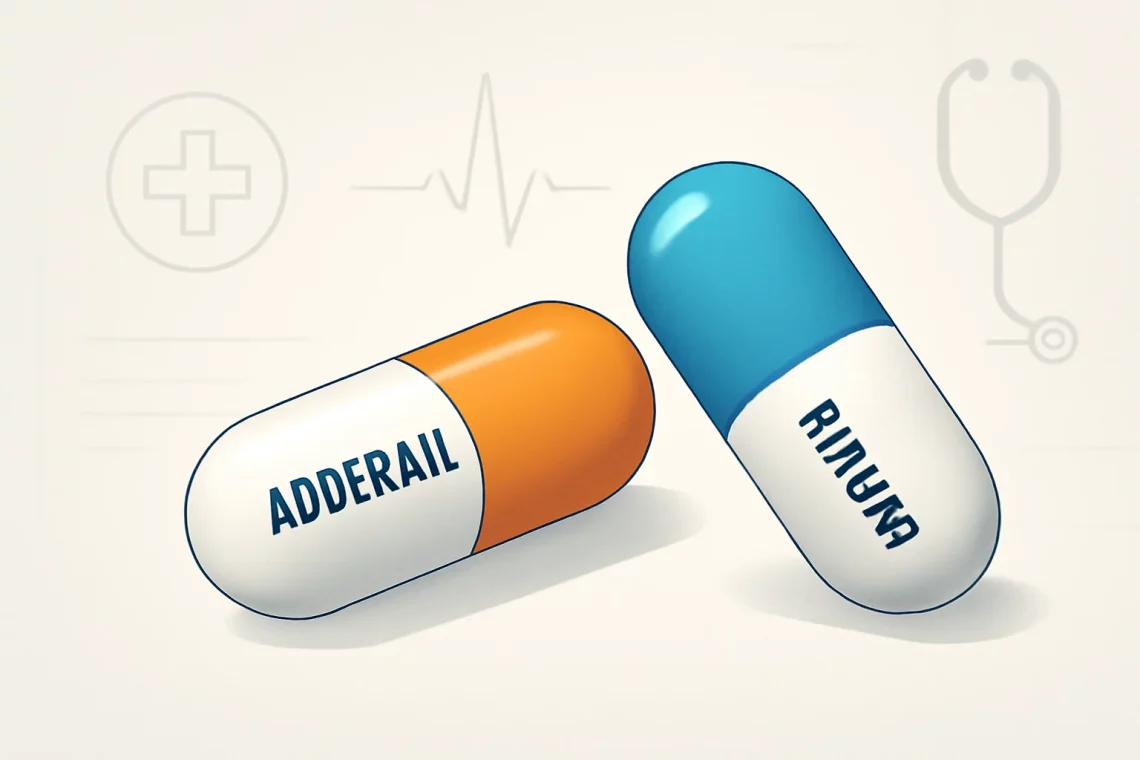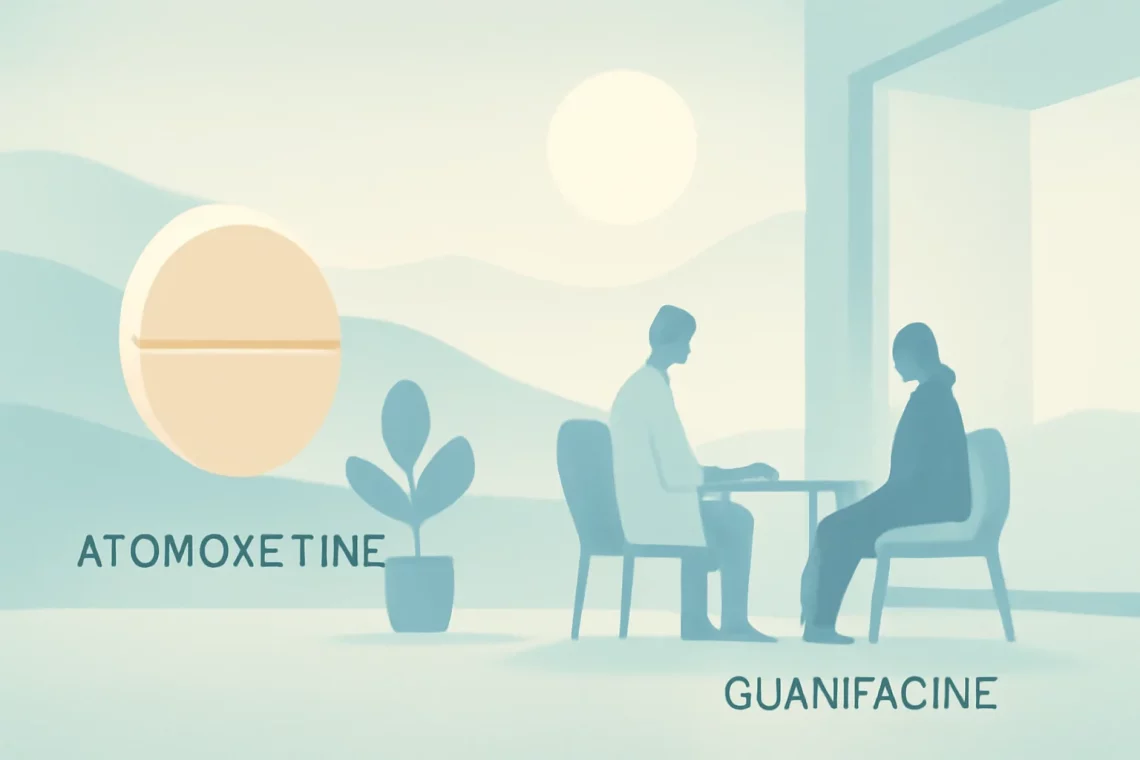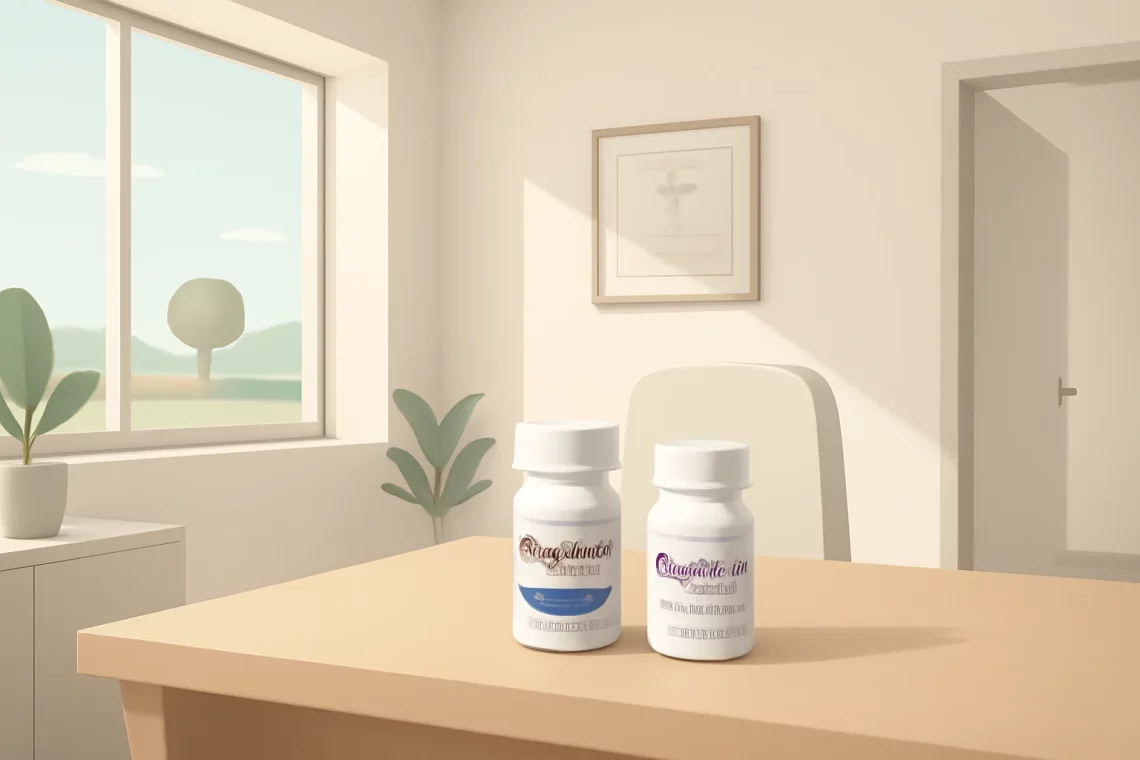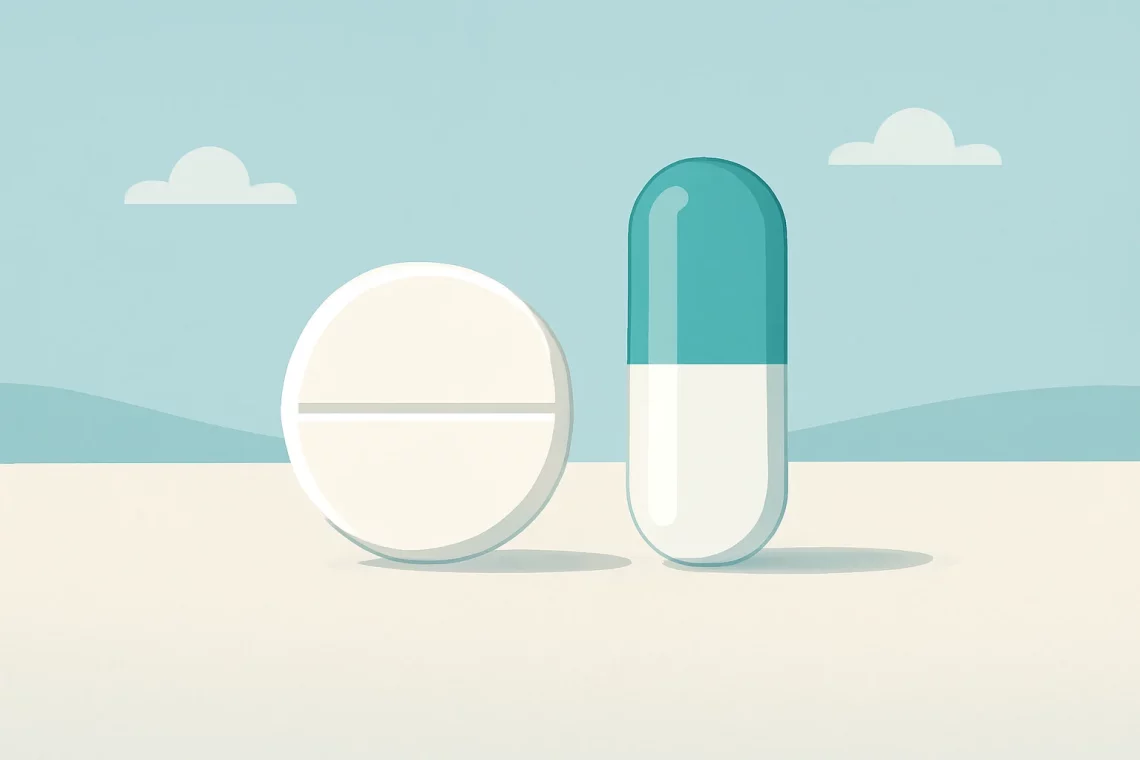-
Adderall vs Ritalin: Key Differences and Choosing the Right Medication
Adderall and Ritalin are two of the most commonly prescribed medications for the treatment of attention deficit hyperactivity disorder (ADHD). Both drugs are stimulants that affect neurotransmitters in the brain, leading to improved focus, attention, and impulse control in individuals with ADHD. However, despite their similar purposes, these medications have different active ingredients, mechanisms of action, and potential side effects. Understanding the distinctions between Adderall and Ritalin is crucial for patients, caregivers, and healthcare professionals alike. The landscape of ADHD treatment can be complex, making it essential for individuals to be well-informed about the options available to them. As awareness of ADHD continues to grow, so does the conversation surrounding…
-
Methylphenidate vs Amphetamine: Which is More Effective for ADHD?
Methylphenidate and amphetamine are two commonly prescribed medications primarily used to treat Attention Deficit Hyperactivity Disorder (ADHD). Both substances belong to a class of drugs known as stimulants, which work by increasing the levels of certain neurotransmitters in the brain, thereby enhancing focus and reducing impulsivity. Despite their similar purposes, methylphenidate and amphetamine have different chemical structures and mechanisms of action, leading to variations in their effects, side effects, and suitability for different patients. The choice between methylphenidate and amphetamine can depend on several factors, including a patient’s medical history, their response to previous treatments, and potential side effects. Understanding the nuances of these medications can help patients, caregivers, and…
-
Atomoxetine vs Guanfacine: Which is Better for ADHD Treatment?
Attention-deficit/hyperactivity disorder (ADHD) is a complex neurodevelopmental disorder that affects both children and adults. It is characterized by symptoms such as inattention, hyperactivity, and impulsivity, which can significantly impact daily life and functioning. As awareness of ADHD continues to grow, so does the demand for effective treatment options. While behavioral therapies are often recommended, pharmacological interventions are also frequently utilized. Among these, Atomoxetine and Guanfacine have emerged as two popular non-stimulant medications. Atomoxetine, a selective norepinephrine reuptake inhibitor, is primarily used in the treatment of ADHD. It works by increasing the levels of norepinephrine in the brain, which helps improve attention and decrease impulsivity and hyperactivity. On the other hand,…
-
Adderall vs Mydayis: Which ADHD Medication is Right for You?
Adderall and Mydayis are two commonly prescribed medications used to treat Attention Deficit Hyperactivity Disorder (ADHD). Both of these stimulant medications aim to enhance concentration, reduce impulsivity, and improve overall cognitive function for those diagnosed with ADHD. However, despite their similar purposes, they differ in various aspects, including their composition, duration of action, side effects, and the way they are metabolized in the body. Understanding these differences can help patients and caregivers make informed decisions about which medication might be more suitable for their specific needs. As the prevalence of ADHD continues to rise, so does the importance of effective treatment options. Patients often seek medications that not only alleviate…
-
Dexmethylphenidate vs Methylphenidate: Key Differences Explained
Dexmethylphenidate and methylphenidate are two medications commonly used to treat attention deficit hyperactivity disorder (ADHD) and narcolepsy. Both drugs belong to the class of stimulants and are known for their ability to enhance focus, attention, and impulse control. While they share many similarities in terms of their mechanisms of action, chemical structures, and therapeutic uses, there are key differences that can influence a physician’s choice between the two. Understanding these differences is crucial for patients, caregivers, and healthcare providers alike. The popularity of these medications has surged in recent years, leading to increased awareness and discussions around their efficacy, potential side effects, and the implications of their use. As mental…
















